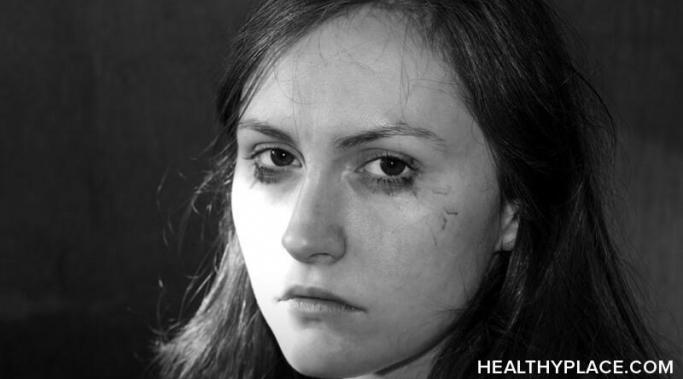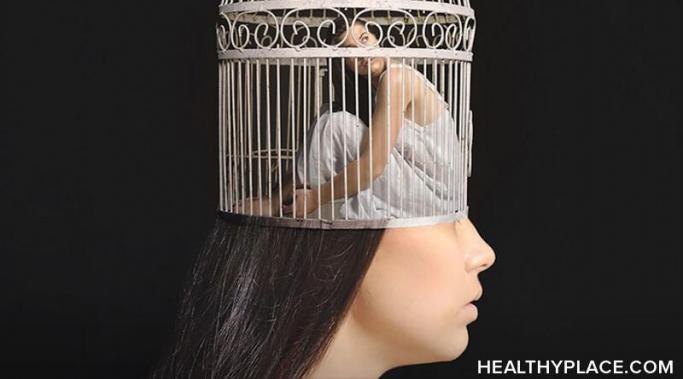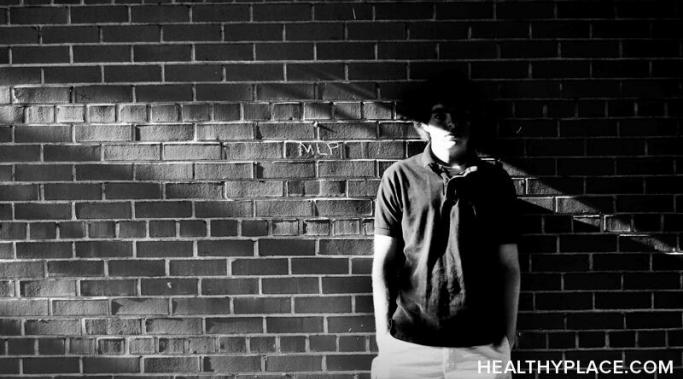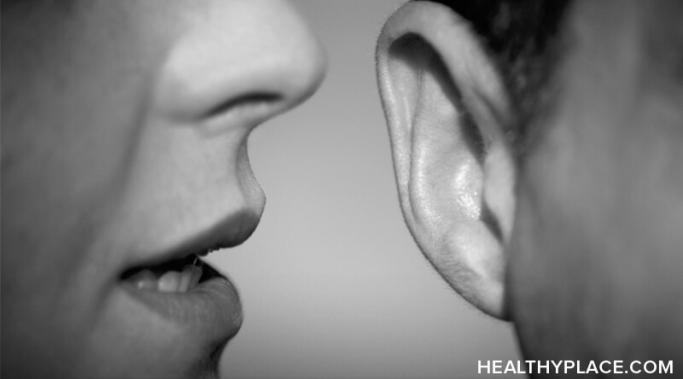Since I was diagnosed with schizophrenia almost 20 years ago and then with schizoaffective disorder 15 years ago, I’ve gone through scores of psychiatric medication changes. They’re never fun but remain necessary as I work with my doctor to keep the dosage as low as possible and schizophrenia symptoms under control. I’m going through a psychiatric medication change right now after a peak of anxiety. You can probably relate to the way it’s affecting my schizophrenic and schizoaffective symptoms.
Living with Schizophrenia
I was diagnosed with schizophrenia in school during 1998. I’ve spent the time since then rebuilding my life while getting re-diagnosed with schizoaffective disorder along the way. I remember that period as a terrible time for me and it doesn’t get any happier as American culture launches a nostalgia kick for the 1990s. I’ll always love Tori Amos’ records, but it’s not a time I want to revisit. Falling into a psychotic episode changed me forever and, although I love my life now, I don’t want to reminisce about the terrified person I became when I was first diagnosed with schizophrenia at school.
Anxiety affects me much more than schizoaffective disorder. You see, schizoaffective disorder is a combination of bipolar disorder and schizophrenia. I have schizoaffective disorder, so I have symptoms of schizophrenia and symptoms of bipolar disorder. Then there’s a bonus--generalized anxiety disorder. Bipolar disorder is often accompanied by anxiety disorders. And it's my anxiety symptoms that affect me the most, even more than schizoaffective disorder.
Boredom – it’s been a continuing struggle since I've started dealing with the effects of schizophrenia and then with schizoaffective disorder. After all, let’s face it, everyday life is not as exciting as a schizoaffective psychotic episode or even a manic episode. That’s not to say I would rather be experiencing acute schizophrenic symptoms than remaining successfully in treatment. I just mean that when you’re on medication for schizophrenia or schizoaffective disorder that is sedating, there are so many stressful activities I can’t handle and life can become a little boring due to the effects of schizoaffective disorder.
Schizophrenia can make life unpredictable in that you never know what side of the bed you’re going to get up on, so to speak. With schizophrenia and schizoaffective disorder, you have good days and bad days. Today got off to a rocky start thanks to the unpredictability of living with schizophrenia.
A lot of people with schizophrenia, schizoaffective disorder, and other mental illnesses complain that they don’t like to shower when they're sick. I don’t either—I prefer baths. In my humble opinion, a good hot bath is so much better than a shower, whether or not you have schizophrenia or schizoaffective disorder. Here’s why.
Like a lot of people with schizophrenia or schizoaffective disorder, I make use of the mental illness disability benefit. And I’m really scared of Donald Trump’s proposed budget, which seeks to cut funding for those who are on social security due to a disability. With all his proposed policies, I can find no other conclusion than that Donald Trump wants to punish people for being sick. But it’s not just him. When it comes to mental illnesses such as schizophrenia or schizoaffective disorder, a lot of people don’t understand why someone wouldn’t be able to work. People don't understand why those with mental illness would need the disability benefit.
With schizophrenia or schizoaffective disorder, you can experience the "summer blues." Schizoaffective disorder is a combination of schizophrenia and bipolar disorder. I have schizoaffective disorder, bipolar type. For me, that means I’ve had a schizophrenic psychotic episode in which I thought I was being stalked by famous people, the Italian mafia, and the Federal Bureau of Investigation (FBI). It means that I hear voices. And it means that I have bipolar mood swings, from manic highs to depressive lows. I usually tend to veer to the side of depression. I am a bit of a connoisseur of depression. I’ve experienced different flavors of depression before and after my diagnoses of schizophrenia and then schizoaffective disorder. One of those flavors is the summer blues with my schizoaffective disorder.
Hearing voices might be the most stigmatized symptom of schizophrenia or schizoaffective disorder. When people hear about it, they imagine “what the voices tell you to do,” and even go as far as assuming that the voices command those of us hearing them to kill people. Just for the record: my voices don’t tell me to do anything, and even if they did I wouldn’t comply because I know they’re not real. Getting the message that the stigma of hearing voices is unnecessary across to people is probably one of the most important things I can do.
Because I'm 38, I'm starting to wonder if my schizoaffective disorder has held me back. Of course, you don’t have to have schizophrenia or schizoaffective disorder to get anxious around midlife. When my mom, who doesn’t have schizophrenia or schizoaffective disorder, turned 40, my little brother cheerfully quipped, “Hey, Mom. Now you’re half dead.” She laughed, but I imagine the words must have stung a little bit. However, for someone with a mental illness, evaluating your life at midlife means wondering how much—and if at all—your schizophrenia or schizoaffective disorder has held you back.









